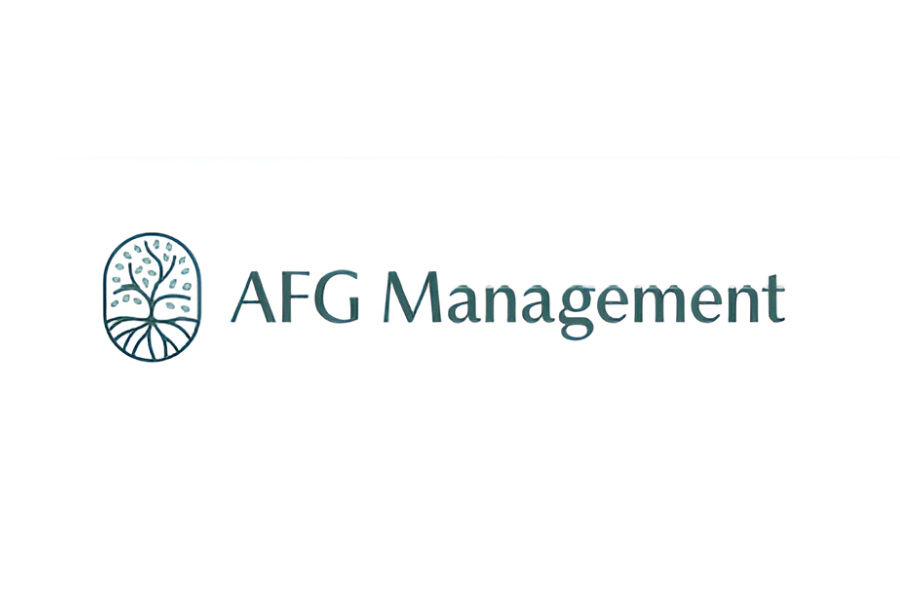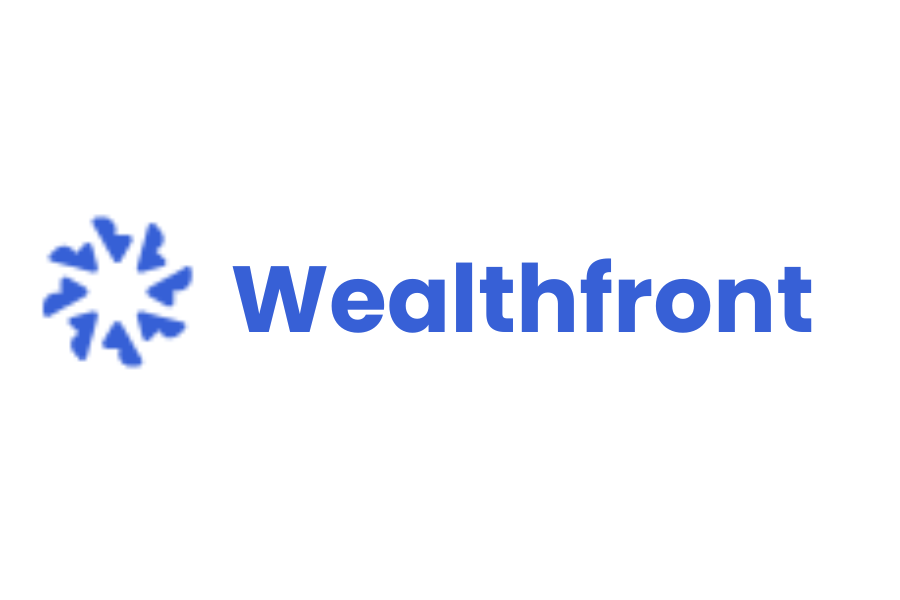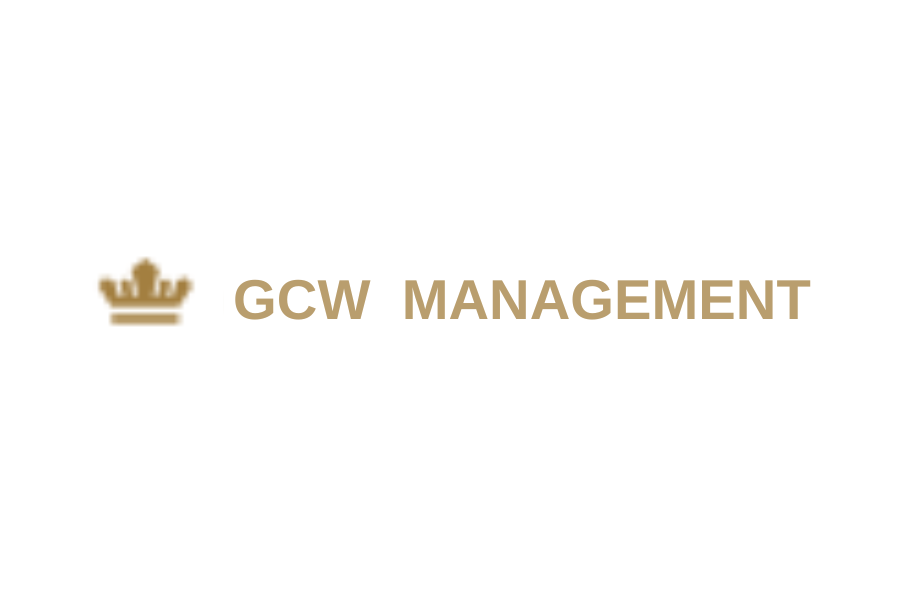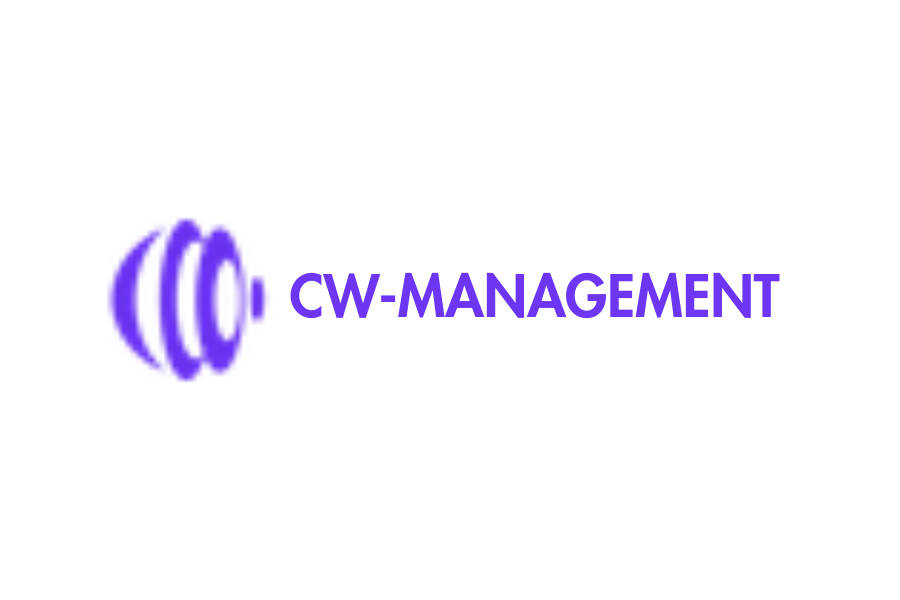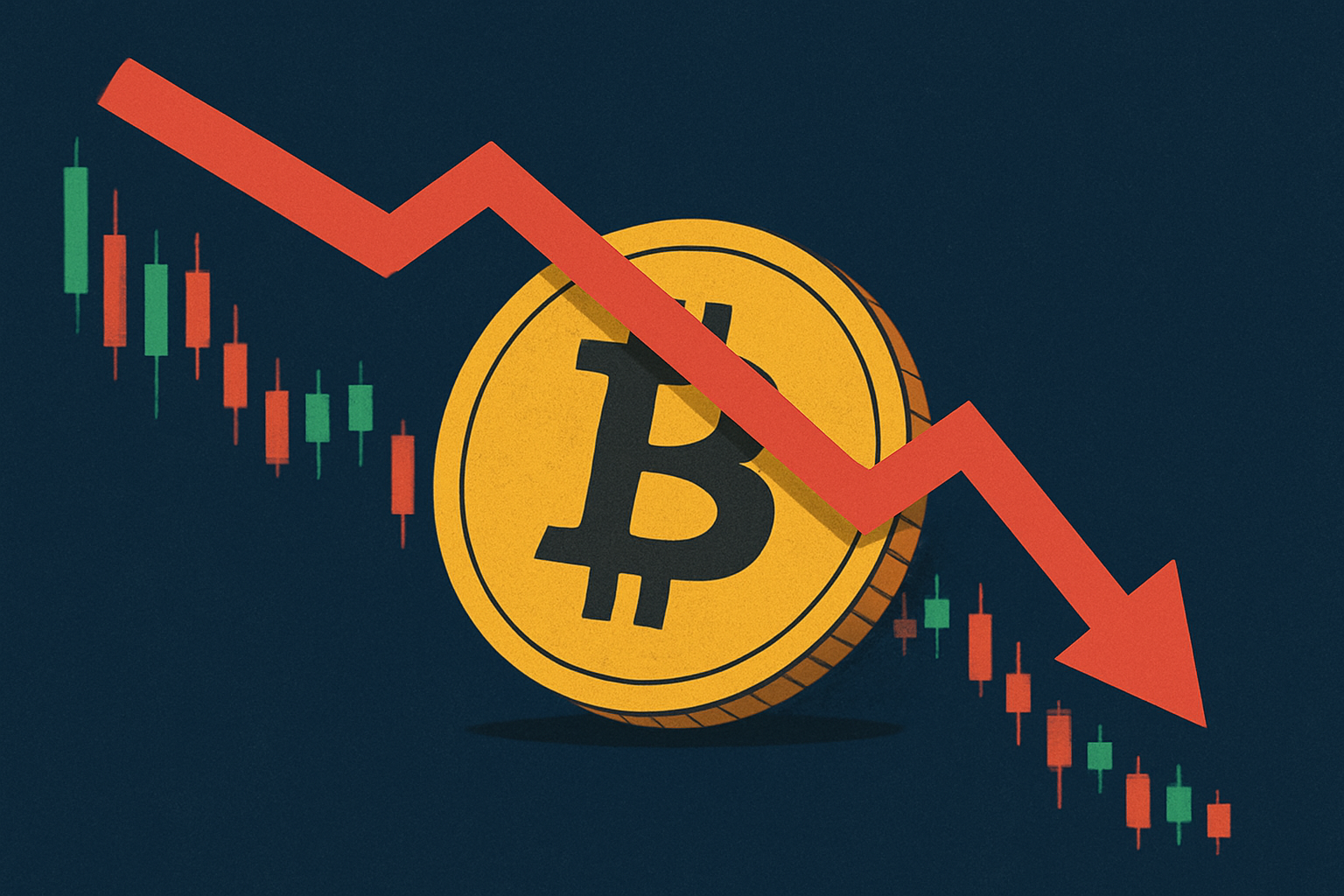Introduction
Blockchain technology, originally devised for cryptocurrency transactions, is now widely recognized for its potential in various sectors. As a decentralized, secure, and transparent ledger system, blockchain is ideally suited to address longstanding challenges in public sector services. Governmental bodies worldwide are exploring blockchain applications to enhance transparency, data security, and efficiency, providing citizens with more robust and responsive services. This article examines some of the most successful blockchain applications in government and the challenges associated with their implementation.
Blockchain In Government
Governments handle a vast amount of sensitive data and manage intricate processes that require high levels of accountability and security. Traditionally, many government processes have been susceptible to inefficiencies, lack of transparency, and even corruption. Blockchain technology offers a novel solution by allowing data to be securely recorded and shared in a decentralized manner, reducing the risk of fraud and making public services more reliable.
From managing digital identities to enhancing electoral integrity, blockchain’s potential applications are vast. Governments in countries like Estonia, Dubai, and Canada have already pioneered blockchain-based solutions to make public services more efficient, transparent, and citizen-centered. However, the adoption of blockchain is not without challenges, as issues such as interoperability, regulatory uncertainty, and technological limitations must be carefully managed.
Enhancing Transparency In Public Services
Transparency is a cornerstone of good governance, yet traditional governmental systems often lack mechanisms to provide the public with verifiable access to information. Blockchain can address this by creating a transparent and immutable record of transactions or activities within governmental agencies.
One application of blockchain for transparency is in public procurement. Governments worldwide spend billions on public procurement projects, which are often susceptible to corruption. A blockchain-based system can ensure all bids and contracts are recorded on a public ledger, providing an unalterable record that allows citizens to verify the process’s fairness. The government of Georgia, for example, uses blockchain to protect land ownership records, minimizing disputes and enhancing trust among citizens.
Securing Digital Identities
The management of digital identities is a major challenge for governments. Traditional systems are centralized and vulnerable to data breaches, making them unreliable in securing citizens’ personal information. Blockchain offers a decentralized solution that gives individuals control over their personal data, reducing the risk of identity theft.
Several governments have recognized blockchain’s benefits in this area. Estonia, often called the world’s most digitally advanced society, uses blockchain for its e-residency program, which allows global citizens to access Estonian public services securely. This blockchain-based identity system offers enhanced security and streamlined access to government services while giving individuals greater control over their data.
Streamlining Public Records Management
Blockchain’s immutable nature makes it ideal for managing public records, which need to be accurately maintained and protected over long periods. In many cases, government records—such as birth certificates, marriage licenses, and property deeds—are paper-based, making them susceptible to loss, tampering, or damage.
Blockchain-based systems offer a reliable alternative by ensuring these records are permanently stored and easily accessible. In the United Arab Emirates, Dubai’s government has launched the Dubai Blockchain Strategy, which aims to shift all governmental record-keeping to blockchain by 2025. This initiative is expected to reduce paperwork, lower transaction costs, and increase operational efficiency across the public sector.
Ensuring Electoral Integrity
Election processes are often vulnerable to fraud, mismanagement, and technical failures, undermining democratic principles. Blockchain can enhance electoral integrity by providing a secure, transparent, and tamper-proof system for recording votes.
Blockchain-based voting systems offer verifiable, transparent records of each vote cast, enabling an independent review and protecting the electoral process from tampering. Switzerland and West Virginia in the United States have piloted blockchain-based voting systems, which allow citizens to cast votes via a secure digital platform. Although these pilot programs have shown promising results, the technology still faces scalability challenges that must be addressed before widespread implementation.
Improving Efficiency In Welfare Distribution
One of the most impactful applications of blockchain in government is improving the efficiency of welfare and aid distribution. Traditional welfare systems are prone to fraud, errors, and delays, often failing to provide timely support to those in need. Blockchain can streamline welfare distribution by creating a transparent, efficient system that ensures aid reaches the intended recipients.
For example, the United Nations uses blockchain for its World Food Programme (WFP), distributing food and cash assistance to refugees in Jordan. The WFP’s Building Blocks project leverages blockchain to reduce transaction costs, minimize fraud, and allow refugees to purchase food directly from local vendors using a secure blockchain-based payment system. By providing a transparent record of each transaction, blockchain ensures aid reaches those who need it most.
Challenges Of Implementing Blockchain In Governmental Services
While blockchain presents numerous opportunities, it also poses challenges for governmental applications:
Interoperability Issues: Integrating blockchain with existing legacy systems can be complex. Blockchain networks need to work seamlessly with current digital infrastructures to provide value, which requires significant investment and expertise.
Regulatory Uncertainty: The regulatory environment around blockchain is still evolving, creating uncertainties for governments looking to adopt this technology. Issues around data privacy, ownership, and security need to be addressed through clear regulatory frameworks.
Technical Limitations: Blockchain technology, particularly in its current forms, faces scalability issues. Many blockchain networks struggle to process a large volume of transactions efficiently, which can be a limiting factor for government applications that require high processing speeds.
Public Trust and Adoption: For blockchain to be effective, citizens need to trust and adopt this new technology. Governments must invest in education and awareness programs to help citizens understand the benefits and security of blockchain-based services.
The Future Of Blockchain In Government
Blockchain’s potential to improve transparency, security, and efficiency in governmental services is undeniable. However, governments need to take a phased approach to blockchain adoption, starting with pilot projects that allow for experimentation and refinement. With continued advancements in blockchain technology, the future holds great promise for public sector applications that prioritize citizen trust, data security, and operational efficiency.
As blockchain technology matures and becomes more accessible, it could revolutionize the way governments interact with their citizens, manage data, and deliver essential services. However, this transformation will require addressing the challenges outlined above and a commitment from both government agencies and the public to embrace the benefits of a decentralized, transparent, and secure technology.
Conclusion
Blockchain technology offers numerous advantages for governmental services, particularly in enhancing transparency, securing digital identities, and streamlining public record management. While challenges remain, governments that invest in blockchain infrastructure and tackle regulatory and technical hurdles can unlock tremendous potential. By embracing blockchain, governments can move towards a more transparent, efficient, and accountable future.





